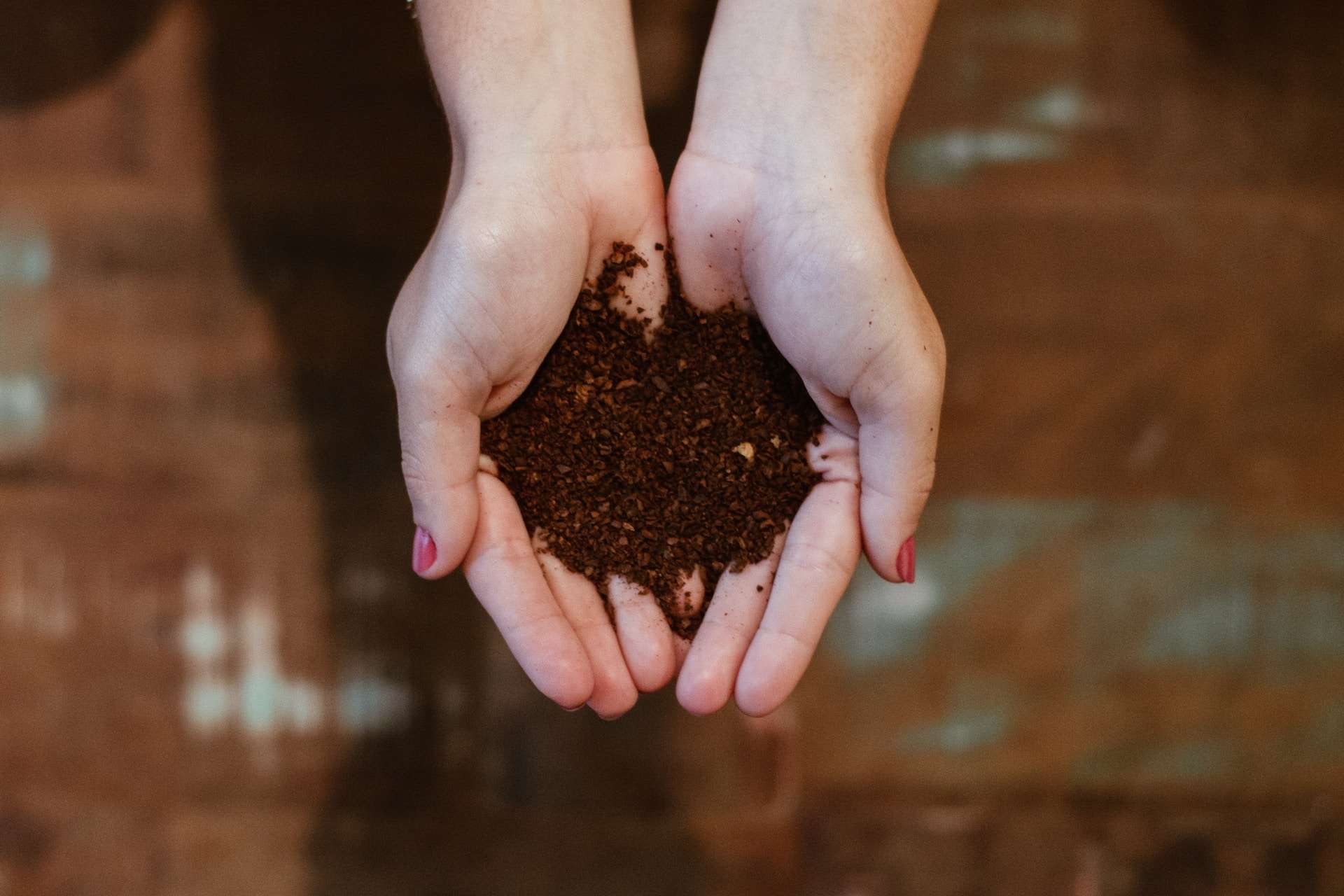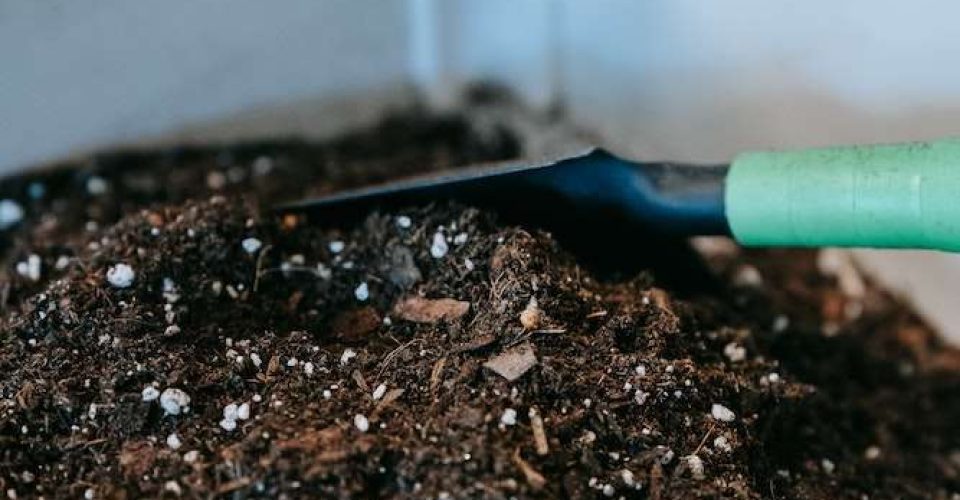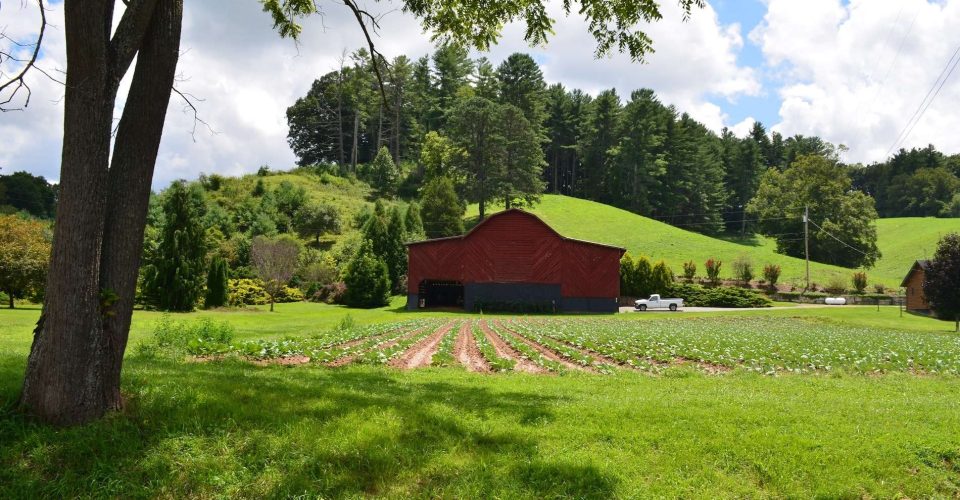As a green-thumbed change-maker, doing what’s best for your plants and the environment is at the heart of every decision you make. Taking care of your corner of the Earth, without toxic chemicals, is the foundation of your work in this world.
You live in a world with so many choices. And on your quest to take the best care of your plants, all those choices can be overwhelming. After you’ve waded through the thousands of varieties and growing mediums to find the perfect match, deciding how you’ll nourish your garden is the next step.
That can be a tough decision, but luckily there’s an option that can have a big impact.
Compost tea fertilizer is our favorite option — and it’s extremely beneficial for plants and the planet. As the name suggests, it’s a liquid made from compost – which might sound yucky at first but we’re here to show you that there’s magic in the centuries-old practice of using compost tea to nourish your plants.
We’re 5th World Regeneration Corp, a regenerative landscaping design and consultation firm. We work with land owners and managers to make their land more regenerative, and smart use of compost is part of that strategy.
Let’s explore compost tea and how to use it to ensure total vitality that lasts through the whole growing season.
What is compost tea?
Compost tea is a nutrient-rich liquid fertilizer made from – you guessed it – compost. It’s produced using water to extract bacteria, fungi, protozoa, and nematodes from the compost — all of the microscopic essentials for plant growth. The secrets to plant health are hiding in the bodies of these microorganisms.
Compost tea is made from high-quality compost and is organic, highly nutritious, and highly oxygenated. High-quality compost is high in microbiological activity, which is what fuels decomposition.
Think of microbes as microscopic worker ants — they do the hard work of cycling nutrients and retaining water — and play major roles in plant nutrition and health. So the more active microbes are, the healthier your plants are.
While compost tea is a great choice to fertilize your farm or garden, it can also sound pretty gross. After all, when you think of compost, you probably think of a smelly heap of decomposing biological waste.
If this is what you’re thinking, you’re not alone. But let us share some facts with you that might change your mind.
Compost tea is made from finished compost. Finished compost looks like rich garden dirt – dark brown, crumbly, and should have an earthy, almost sweet smell. It has already completed the hard work of decomposing food waste – that means no half-eaten carrots or rotten celery leaves sticking out of the dirt.
After the decomposition and brewing processes are finished, all that’s left are the tiny, soluble nutrients and microorganisms that were present in the original compost — and all these leftover components are exceptional fuel for your plants.
It’s not as gross as you thought, right? Now let’s dive into the benefits.
What are the benefits of using compost tea?
The biggest benefit? It’s a toxin-free option for your farm or garden. But the perks don’t stop there.
Other benefits of using compost tea fertilizer include…
- Boosted plant growth as a result of using beneficial organisms to protect plant surfaces.
- Improved nutrient retention in the soil which stimulates plant growth.
- Increased available nutrients in the root system leads to a stronger, healthier plant.
- Reduced negative impact from chemical-based pesticides, herbicides, and fertilizers — resulting in an expanded web of bacteria, fungi, protozoa, and nematodes, which are the microscopic essentials for plant growth.
- Reduced water loss and improved water retention in the soil.
- Enhanced tillage by building a better soil structure.
Like most things that are good for the environment, it also feels good to know you’re using such a powerful, natural fertilizer as compost tea.
How can you use it?
Making the switch to compost tea is pretty easy. When applying compost tea fertilizer…
- Pour the compost tea at the soil level of your plant. Be generous, creating a bath or complete drenching of the soil.
- Apply outside of the hottest time of the day to avoid UV damage to beneficial microbes.
- Each plant (and each season) has different nutrient requirements, but application once a week is a good standard to start with.
While applying the fertilizer is simple, there are a couple precautions to note, since compost tea fertilizer comes from decomposed food waste:
- Use this fertilizer on non-edible plants or non-edible parts of plants. Due to the inherent pathogen risk, exercise caution if you decide to apply to edible plants.
- Ensure that your compost reaches bacterial-killing temperatures during compost production — over 55 degrees Celsius (131 degrees Fahrenheit) is needed to kill pathogenic organisms.
- Wash hands and clothing immediately after gardening.
- Keep in mind that there is a lack of regulation in commercial compost tea production.
Pro tip: Remember that certain pathogens can be present in compost tea which could cause illness for humans, so use care when applying and stick to non-edible plants if in doubt.
Following this guide, you’ll get fully nourished and thriving plants. Plus it does wonders for the environment by healing our soil!
How does using it have a planetary impact?
Healthy soil is something we can’t live without. But our soil is in trouble due to industrial farming, deforestation, toxic runoff, and chemical pesticides.
Using compost tea fertilizer for your farm or garden rebuilds ravaged soil — a non-negotiable part of healing our Earth and leaving an abundant, thriving planet for the next generations.
At 5th World Regeneration, our team of regenerative engineers are building a future for our world that begins with our clients. With each project, we use fundamental permaculture principles, the latest design technology, and science-backed environmental knowledge to build regenerative landscapes for our clients.
Using compost tea is an easy way to start your journey toward regenerating your land. To dig deeper, book a consultation with one of our regenerative land design experts today.
Prefer to DIY? Check out our permaculture course.



